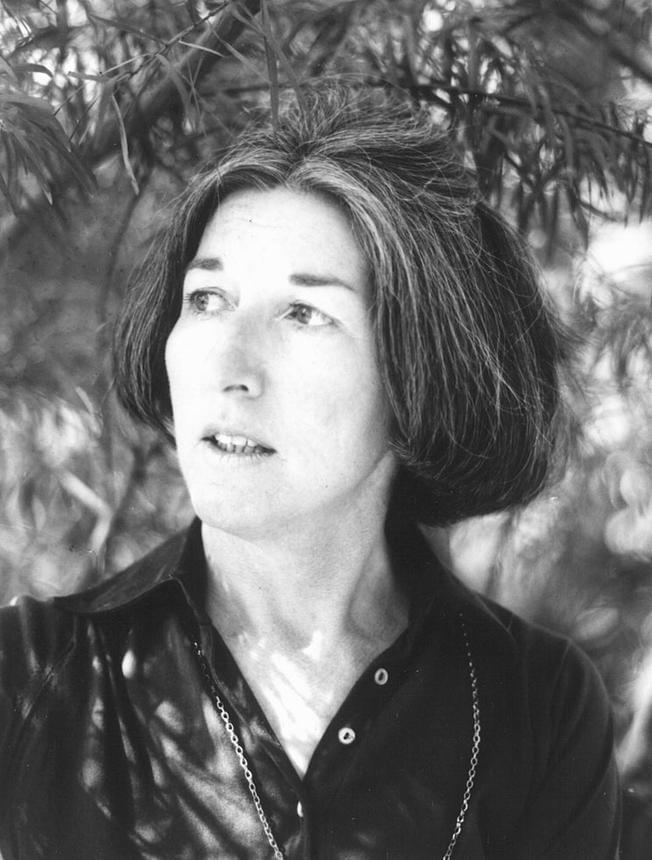Introduction by Joan London
A gorgeous hardback anniversary edition, celebrating fifty years since the novel’s first publication.
After Laura and Clare are abandoned by their mother, Felix is there to help, even to marry Laura if she will have him. Little by little the two sisters grow complicit with his obsessions, his cruelty, his need to control.
Set in the leafy northern suburbs of Sydney during the 1940s, The Watch Tower is a novel of relentless and acute psychological power.
andThe Watch Tower
‘To create a monster as continually credible, comic and nauseating as Felix is a feat of a very high order. But to control that creation, as Miss Harrower does, so that Clare remains the centre of interest is an achievement even more rare. The Watch Tower is a triumph of art over virtuosity.… a dense, profoundly moral novel of our time.’
‘Elizabeth Harrower’s thrilling 1966 novel The Watch Tower comes rampaging back from decades of disgraceful neglect: a wartime Sydney story of two abandoned sisters and the arrival in their lives of Felix, one of literature’s most ferociously realised nasty pieces of work.’
‘I read this book twice. Once for sheer pleasure – if pleasure can be the correct term for an experience that is so distressing – and once for the purposes of this review…It left me with the strongest sense I have had for a very long time of the infinite preciousness of consciousness, at whatever cost, and of our terrifying human vulnerability.’
‘I couldn’t put down The Watch Tower, Elizabeth Harrower’s dark fairytale of psychological cruelty and co-dependence set in suburban Sydney. Although published originally in 1966 (and reprinted this year by Text Classics), it still has the power to shock. Harrower’s insight into the nuances of a pathological personality is forensic, and surely one of the most acute in our literature since Henry Handel Richardson’s The Fortunes of Richard Mahony. At the same time, because of its complicated tone, her book retains a kind of mythic power.’
‘A superb psychological novel that will creep into your bones.’
‘I read The Watch Tower with a mixture of fascination and horror. It was impossible to put down. I then read all Harrower’s novels: The Long Prospect (a prescient study of a relationship between a man and a clever but unrecognised young girl), Down in the City and The Catherine Wheel. Her acute psychological assessments are made from gestures, language and glances and she is brilliant on power, isolation and class.’
‘Elizabeth Harrower’s The Watch Tower truly feels like a neglected classic…I think it’s one of the most moving books I’ve read in a very long time.’
‘Haunting…Harrower captures brilliantly the struggle to retain a self.’
‘Harrower’s greatest novel [is] The Watch Tower (1966), the bitter story of two sisters, Laura and Clare, who lose their parents and fall under the sway of Felix Shaw, an abusive and controlling drunk…[It is] her masterpiece.’
‘This is a harrowing novel, relentless in its depiction of marital enslavement, spiritual self-destruction and the exploited condition of women in a masculinist society…It is a brilliant achievement.’
‘Haunting and delicate.’
‘What a discovery! Harrower’s voice in this book is disconcerting at first: almost fatigued, as though she knows that everything to come is fated to be so and there’s little to do but tell the story. And her characters—two young sisters—likewise passively accept the events that befall them. This fatalism is absorbing, though, as you watch the women move slowly through a comatose state into a kind of awakening. In fact, the story reminded me at times of A Doll’s House—namely, in the younger sister’s internal striving for selfhood and independence—but the long tale of the sisters’ subjugation is far more excruciating than what Ibsen imagined.
‘[A] fantastically incisive portrait of domestic cruelty…For all the psychological torment Harrower subjects her protagonists to, Clare’s defiance brings a delectably feminist streak to The Watch Tower.‘
‘The Watch Tower is an enthralling, captivating story about psychological entrapment and the struggle to escape it.’
‘Harrower crafts a gripping, psychologically astute tale…A classic, indeed.’
‘Beautifully written and a powerful commentary on the subjugation of women in the 1940’s both in the work place and in the home, Harrower has created a complex array of characters. The psychological tight rope that Laura and Clare must walk on a daily basis is deeply felt by the reader. The book is surely a mini-masterpiece.’
‘As gripping and terrifying as any horror story…An astonishing book.’
‘Each of Harrower’s four novels is concerned with entrapment of one sort or another, through family or youth or love. But The Watch Tower, her last novel, is almost like a distillation in its vision of the forces of good and evil. Something runs clear and strong through this wonderful, painful novel, the dark and the light. The victim and the survivor. Suffering and joy. The knowledge of both. Reality.’
‘Harrower’s stark examination of two young women’s vulnerability and helplessness in the face of a domineering man’s savagery is painful to read. I have read it twice now and each time I have been moved by the clarity of Harrower’s vision, the terrible plausibility of her characters and the sheer power of the restrained emotion in her writing. It is a novel that deserves the closest and most attentive reading.’










